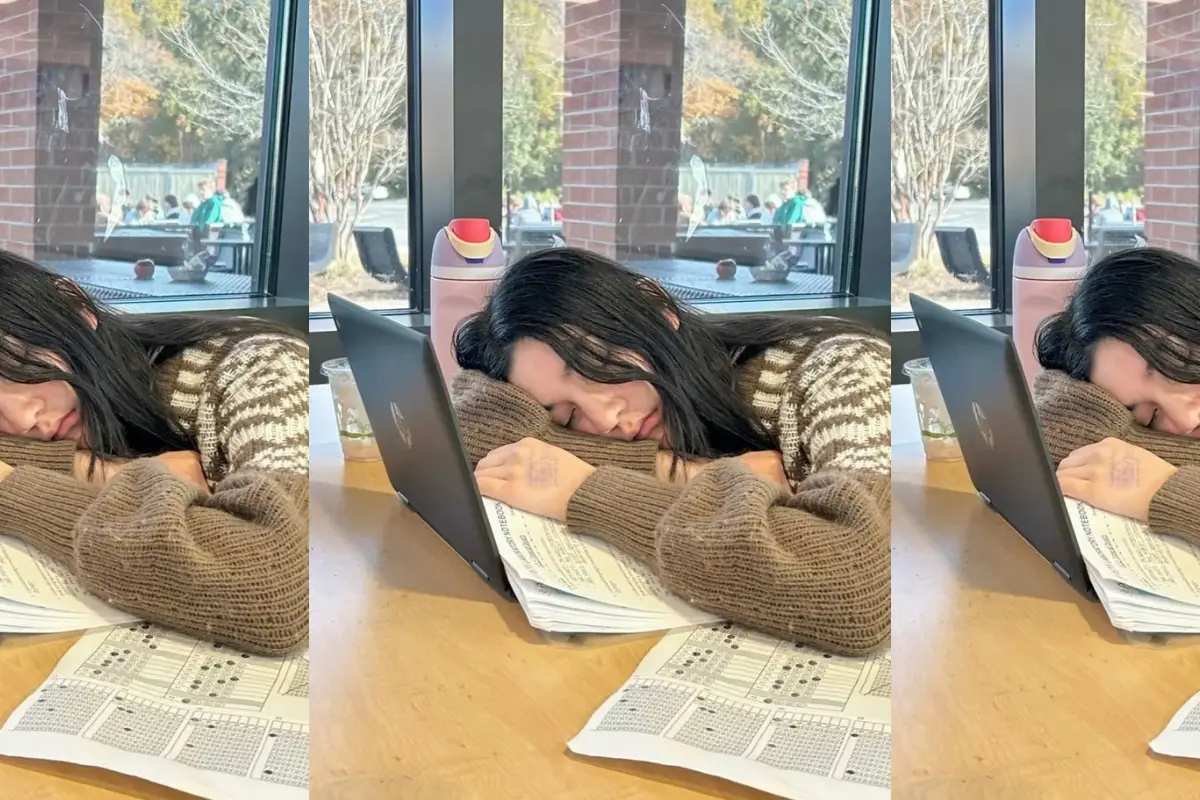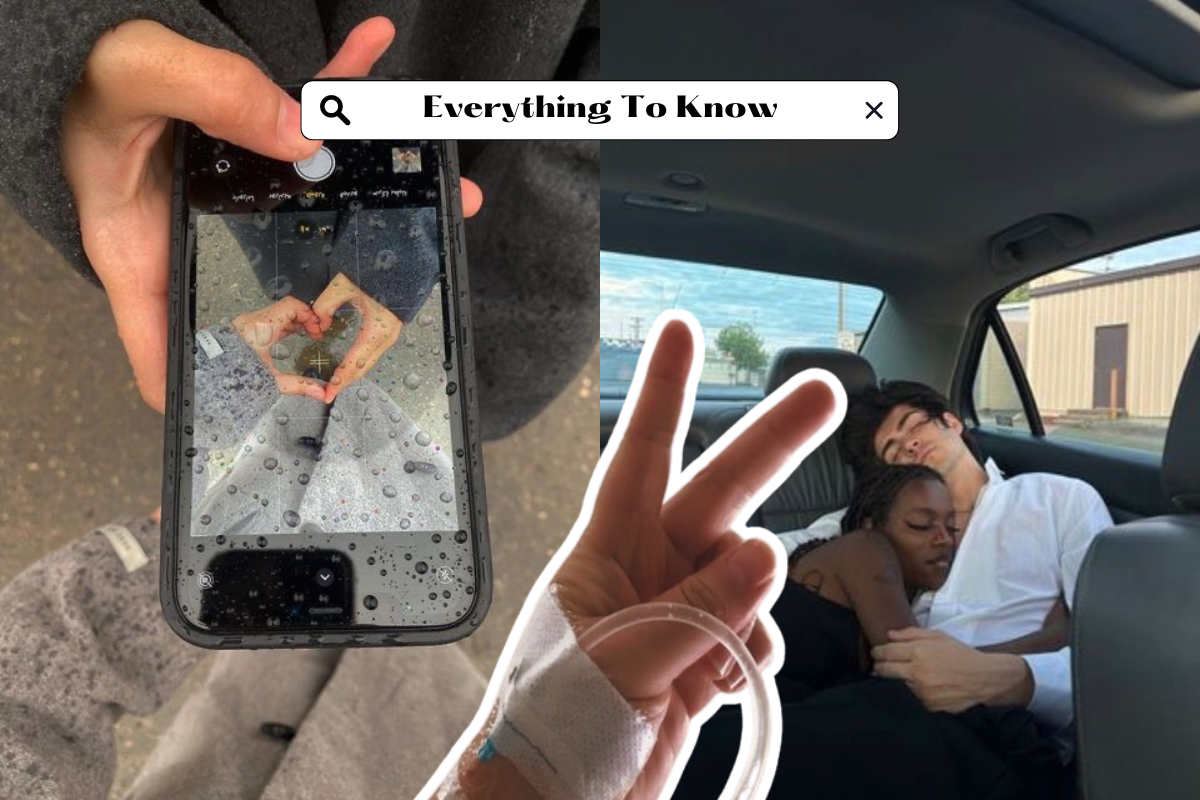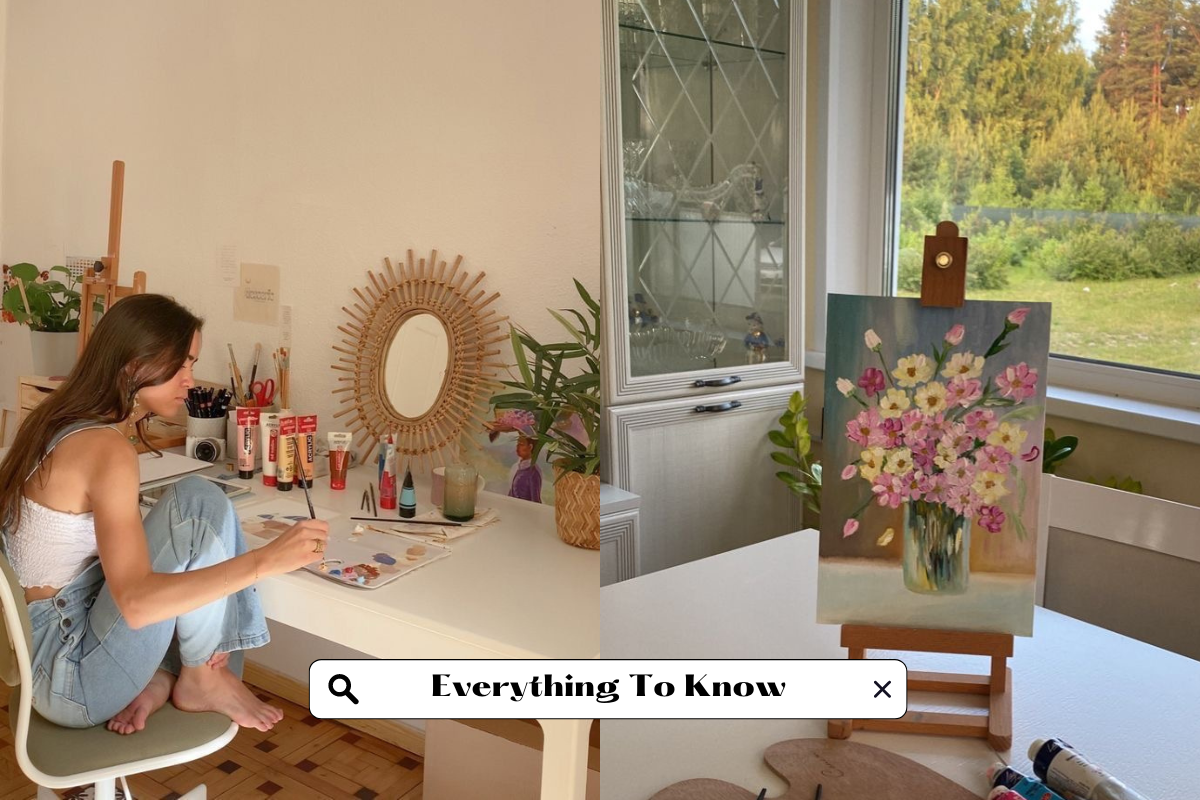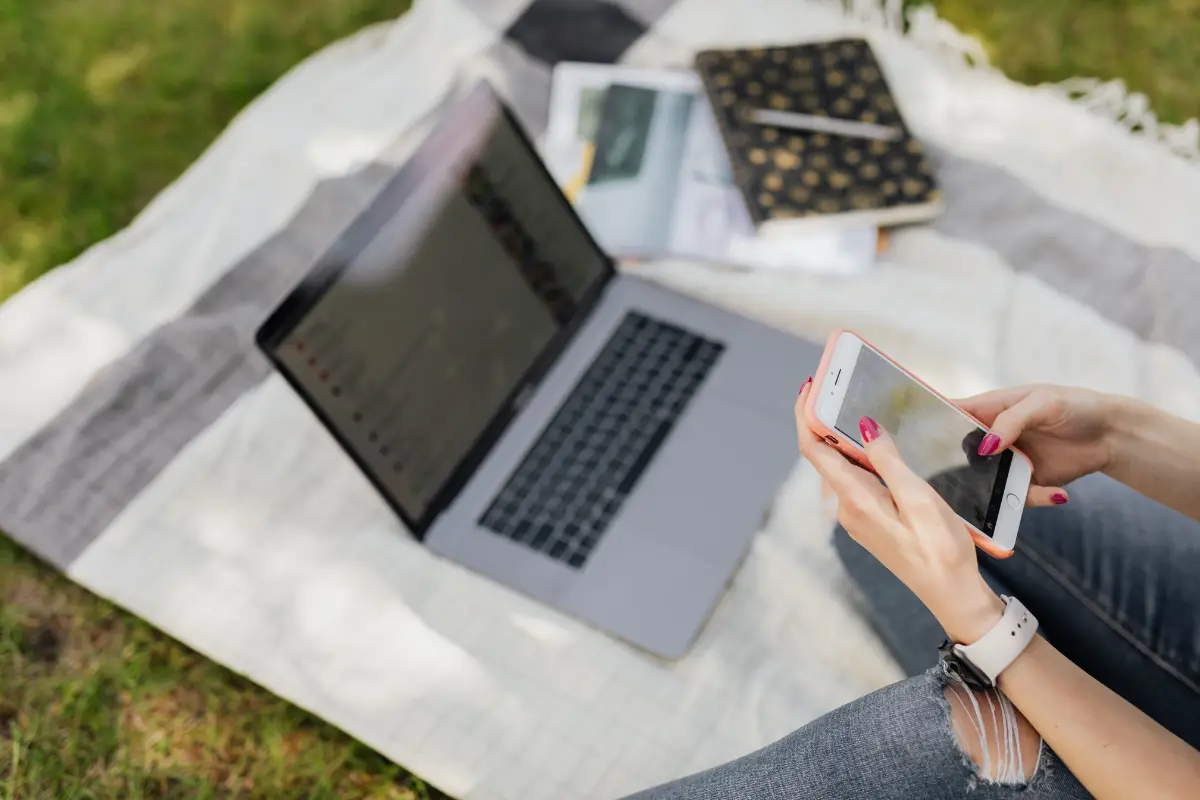If you want to know how to study better, avoiding common mistakes is the first step. Many students fall into traps like passive reading, cramming, or poor planning that hinder their success. This post highlights frequent pitfalls and shares practical solutions to help you study smarter, stay focused, and feel confident on exam day.
1. Why Flash Cards Still Work (When Used Right)
If you’re wondering how to study better, flash cards are still one of the most effective tools—when used correctly. The mistake many students make is flipping through them passively without engaging their memory.
The key to making flash cards work is active recall. Instead of just reading both sides, try to recall the answer before flipping the card. Add spaced repetition—reviewing cards at increasing intervals—to retain information long-term.
Flash cards are especially useful for subjects like languages, science, or anything that requires quick recall of facts, definitions, or formulas.
2. Digital vs. Physical Flashcards
When it comes to how to study better, choosing between digital and physical flashcards depends on your habits and preferences. Both have their strengths—and their pitfalls.
Physical flashcards offer a tactile, hands-on experience, which can improve focus and retention. However, they’re easy to lose and harder to organize.
Digital flashcards (like Anki or Quizlet) come with features like spaced repetition algorithms, audio options, and the ability to study anywhere. But students often make the mistake of treating them like a game and not truly engaging with the material.
Whichever you choose, use them intentionally and consistently to get the most out of your study sessions.
3. Top Study Apps for 2025
Knowing how to study better means using the right tools. In 2025, study apps are smarter than ever—combining neuroscience, AI, and habit tracking to boost your results. But a common mistake is downloading apps without building consistent usage.
Here are some of the most effective:
- Anki – Ideal for spaced repetition flashcards.
- Notion – Great for organizing notes, creating study calendars, and task lists.
- Forest – Helps you stay focused with a timer that rewards non-distracted time.
- Quizlet – Offers pre-made flashcard decks and games.
- Focus To-Do – Combines Pomodoro technique with task tracking.
The best study apps only work when used consistently—make them part of your daily system, not just a last-minute fix.
4. How to Build a Personalized Study System
One of the biggest mistakes students make when trying to learn how to study better is copying someone else’s system without adapting it. Building a personalized study routine that fits your lifestyle and goals is key to long-term success.
Start by assessing when you focus best during the day and how long you can study effectively before needing a break. Combine this with your preferred study methods—like flashcards, note-taking, or practice tests—and tools like planners or apps.
Consistency is more important than perfection. Adjust your system as you go, track your progress, and celebrate small wins to stay motivated.
5. Weekly Study Planning Templates
Planning is a cornerstone of learning how to study better. Using weekly study planning templates helps you organize your workload, set priorities, and avoid last-minute cramming.
Templates typically include sections for daily goals, subjects, and time blocks. This structure makes your study sessions more intentional and manageable.
You can find free printable templates online or use digital planners like Notion or Google Calendar. The key is to review and adjust your plan weekly based on your progress and upcoming deadlines.
A solid plan reduces stress and keeps your study routine on track.
6. Time-Blocking vs. To-Do Lists
Choosing the right planning method is crucial when learning how to study better. Two popular options are time-blocking and to-do lists, each with its advantages.
Time-blocking involves scheduling specific chunks of time for tasks, helping you dedicate focused periods for studying without multitasking.
To-do lists provide a flexible overview of tasks but can sometimes lead to procrastination if not paired with scheduling.
Many students find combining both works best: use a to-do list for task organization and time-blocking to set aside focused study sessions.
Experiment with both methods to discover which boosts your productivity and focus.
7. Using Habit Trackers to Build Study Routines
One of the smartest study methods for consistency is using habit trackers. They help you monitor your progress and keep you accountable as you develop better study habits.
Apps like Habitica, Streaks, or even simple checklists can motivate you to study daily, reinforcing positive routines.
Ineffective study often comes from inconsistent effort, so tracking your habits turns abstract goals into tangible achievements. Over time, these small wins build momentum and make studying feel natural rather than a chore.
8. Study Playlists & Soundscapes
Creating the right atmosphere is a key study method to improve concentration and reduce stress. Many students make the mistake of studying in noisy or distracting environments.
Listening to study playlists or ambient soundscapes—like lo-fi beats, rain sounds, or white noise—can help drown out distractions and keep your mind focused.
Platforms like Spotify and YouTube offer countless curated playlists designed specifically for studying. Experiment to find what works best for you, but avoid music with lyrics if they tend to divert your attention.
9. Backup Plans for Last-Minute Emergencies
Even with the best plans, life can throw curveballs. Knowing how to study better means preparing for unexpected setbacks.
Have a backup plan for last-minute emergencies—whether that’s a quick review sheet, a trusted study buddy who can help explain tricky concepts, or apps that let you cram efficiently.
When stress hits, it’s easy to panic and lose focus. Having these safety nets in place lets you prep calmly and make the most of limited time without burning out.
Conclusion
Learning how to study better is about more than just putting in hours—it’s about using effective strategies and avoiding common mistakes. From mastering flashcards and apps to planning wisely and creating the right environment, these tips will help you build lasting habits and maximize your learning. Remember, every student’s journey is unique, so keep experimenting until you find what works best for you.






